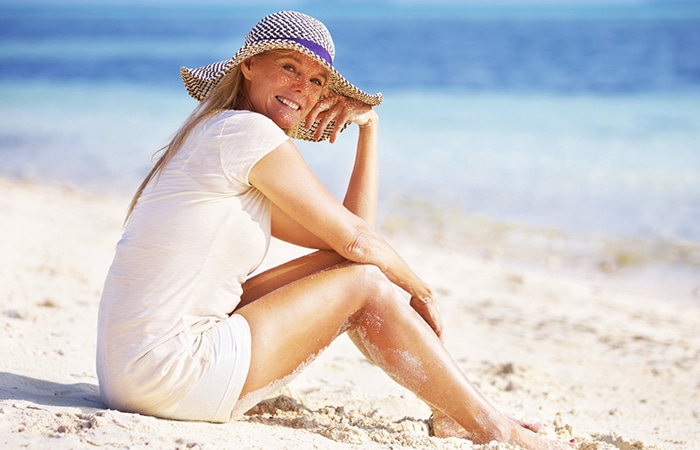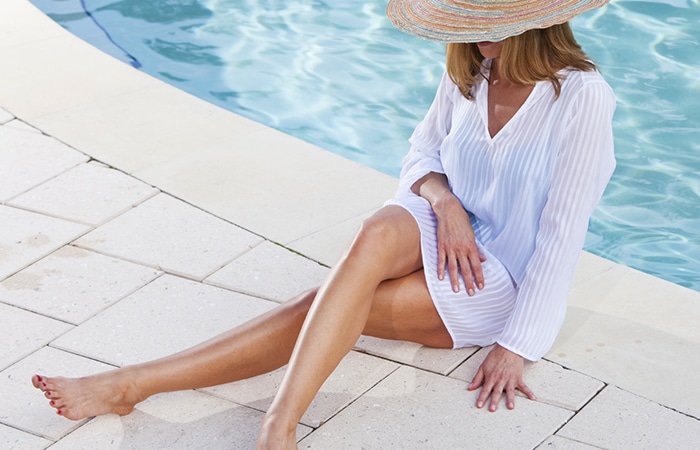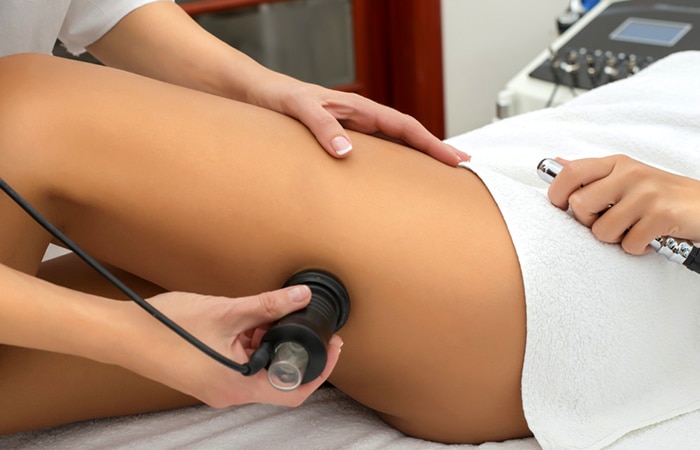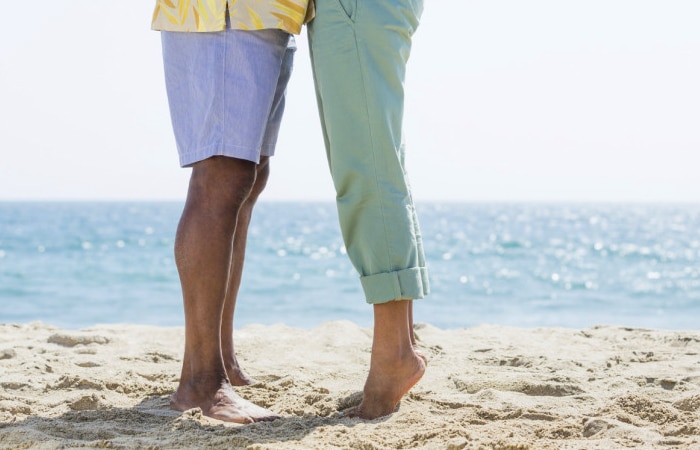
Varicose Veins
Veins are the vessels that return blood to the heart once it has circulated through the body (as opposed to arteries, which carry oxygen-rich blood from the heart to the body). They have one-way valves that help keep blood flowing in the proper direction. If these valves stop…
Spider Veins
Spider veins, also known as telangiectasias, are small, thin blood vessels visible beneath the skin. They appear most commonly on the legs, and may look like a series of lines, tree branches or a spider – or web-like shape, with a red or blue color. While most cases of spider…


Dermal Fillers
Ultrasound
Ultrasound imaging, or sonography, is a procedure that produces images of the inside of the body using high-frequency sound waves. These images are captured in real-time, and are able to show the structure and movement of blood flow…


Leg Ulcers
Leg ulcers can be caused by inadequate blood flow from the arteries or the veins. Inadequate treatment or improper diagnosis could potentially lead to loss of limb. Because of this, the best person to evaluate a leg ulcer is a vascular surgeon who can treat both arteries and veins. Aside from…
Emsculpt Neo
Emsculpt Neo is a non-invasive cosmetic procedure that uses high-intensity focused electromagnetic (HIFEM) and radiofrequency (RF). This unique procedure combines two therapies into one as it can help you lose fat and gain muscle at the same time.
Here’s how Emsculpt Neo works: It causes thousands of contractions in your muscles. These contractions cause micro-tears, which stimulate muscle growth. At the same time, the heat produced by the RF kills your fat cells.
However, you need to be aware of a few risks associated with Emsculpt Neo before scheduling your appointment.
These risks include the following:
- Pain
- Discomfort
- Soreness in the muscles
- Changes in skin sensation
- Bruising
- Swelling
- Burns
- Skin damage
- Lack of results
Regarding the last risk, results will vary from person to person. Most people see significant improvement after treatment, but some may require additional treatment sessions to meet their aesthetic goals. Dr. Lee will cover these risks in greater detail during your consultation with him.
Radiofrequency Ablation
Varicose veins occur due to faulty veins in the legs. Not only can they be a cosmetic issue, but they can also cause a few symptoms as well, such as aching and cramping. One of the best treatments for varicose veins is radiofrequency ablation.
Radiofrequency ablation is a minimally invasive procedure that involves providing heat to the target veins. The heat creates mild scar tissue, which forces the vein to close. When the vein closes, it will not be able to reopen. As a result, the vein will eventually dissolve and be reabsorbed into the body.
Sclerotherapy
Sclerotherapy is considered to be the most effective treatment for spider veins. It is a minimally invasive procedure that involves a sclerosant solution in the vein. This causes the vein to become irritated and close off. Once the vein is closed off, the body then gradually removes what is left over the next few weeks.
Although sclerotherapy is a commonly performed procedure, there are a few risks you need to consider.
These risks include the following:
- Skin discoloration
- Pain and discomfort
- Inflammation
- Swelling
- Itching
- Tingling sensations
- Skin ulceration
- Hyperpigmentation
- Hypopigmentation
- Vein recurrence
- Allergic reaction to the sclerosing agent
Varithena
Varithena is a minimally invasive procedure that involves the injection of a specialized microfoam. This microfoam has been approved by the FDA and is considered safe to use. Once the foam is injected into the vein, it displaces the blood and causes the vein to become irritated. Eventually, the vein will become too irritated and close off. After the vein is closed, the blood is rerouted to healthier veins to reduce symptoms.
Varithena is considered to be a great alternative to traditional varicose vein treatments, such as sclerotherapy and vein stripping. This is because there are not a lot of risks associated with the procedures above. Furthermore, no incisions are made, and you are not required to undergo anesthesia.
Before undergoing Varithena, here are a few risks to be aware of:
- Nerve injury
- Blood clots
- Increased chance of infection
- Inflammation and swelling
- Changes to the skin’s pigmentation
- Burning sensation
Read what our patients are saying!
"Excellent experience, outstanding staff and results!"
Click here to read more reviews.
Schedule Your Consultation Today!
To schedule your consultation at our Sherman Oaks location, give us a call at (818) 325-0400.

